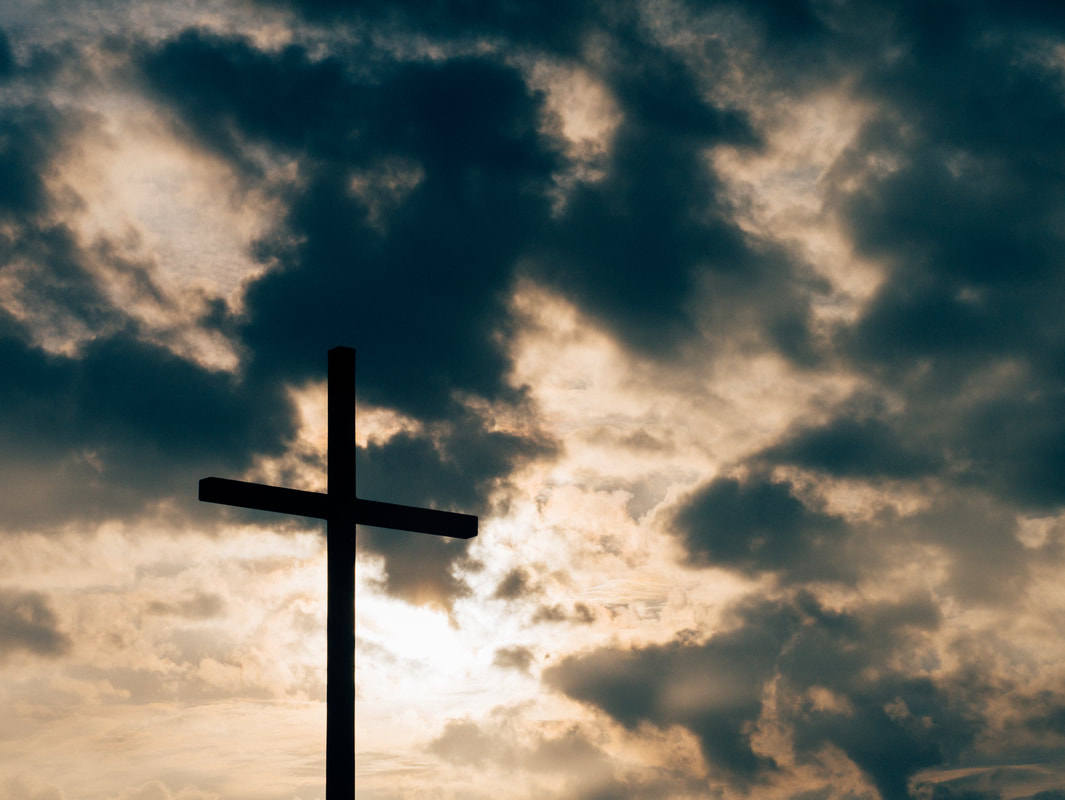|
A Maundy Thursday Reflection
John 12:20-23 - 20 Now there were some Greeks among those who went up to worship at the festival. 21 They came to Philip, who was from Bethsaida in Galilee, with a request. “Sir,” they said, “we would like to see Jesus.” 22 Philip went to tell Andrew; Andrew and Philip in turn told Jesus. 23 Jesus replied, “The hour has come for the Son of Man to be glorified. His Time Had Not Yet Come Throughout the whole of John’s Gospel, which represents the whole of the public ministry of Jesus, our Lord says over and over again, things like, “my time has not yet come.” Or John himself, as he narrates his Gospel, reports that crowds were not able to capture Jesus because his time “had not yet come.” Therefore, in our Scripture, we learn that Greeks (probably God-fearers, but Gentiles nonetheless) came looking for Jesus. They wanted to see him. The fact that these non-Jews came to see the Lord gives us a glimpse of the scope of why Jesus came. His death would not be for the atonement of Jews only, but for Gentiles as well. Clearly this is what John wanted us to understand. His Hour Had Come Several years ago, I watched the movie, “The Gospel of John,” which captured this scene beautifully. When Jesus was told that Greeks desired to see him, the actor poignantly portrayed Jesus responding in a somber and reflective manner. Of course, his acting decision was speculative, but some speculations are closer than others. I believe his expressions would have been very close to how Jesus must have responded when he realized, “his hour had come.” Jesus’ words of response in John 12 seem fitting in light of his experience later at Gethsemane, found in Matthew 26:26-44. 36 Then Jesus went with his disciples to a place called Gethsemane, and he said to them, “Sit here while I go over there and pray.” 37 He took Peter and the two sons of Zebedee along with him, and he began to be sorrowful and troubled. 38 Then he said to them, “My soul is overwhelmed with sorrow to the point of death. Stay here and keep watch with me.” 39 Going a little farther, he fell with his face to the ground and prayed, “My Father, if it is possible, may this cup be taken from me. Yet not as I will, but as you will.” 40 Then he returned to his disciples and found them sleeping. “Couldn’t you men keep watch with me for one hour?” he asked Peter. 41 “Watch and pray so that you will not fall into temptation. The spirit is willing, but the flesh is weak.” 42 He went away a second time and prayed, “My Father, if it is not possible for this cup to be taken away unless I drink it, may your will be done.” 43 When he came back, he again found them sleeping, because their eyes were heavy. 44 So he left them and went away once more and prayed the third time, saying the same thing. Big Deal I sometimes think we suffer the consequences of an “over-familiarity” of a text in Scripture. We’re so used to hearing or reading it that it can lose its powerful punch. We often fast forward through the details to get to the “good parts,” which usually means the parts we like or make us feel comfortable. This scene from Gethsemane is an example of what I’m talking about. Perhaps we think to ourselves, “since Jesus knew he was going to be raised from the dead on the third day, his journey to the Cross was not that big a deal for him. After all, he’s God incarnate, and he knows how the story ends. Yet you can’t read this text from Matthew’s Gospel and come away with that perspective. Reread and take in the significance of these verses again, He took Peter and the two sons of Zebedee along with him, and he began to be sorrowful and troubled. 38 Then he said to them, “My soul is overwhelmed with sorrow to the point of death. Stay here and keep watch with me.” (emphasis mine) Man of Sorrow He wanted his friends with him, praying for him. He was sorrowful. Overwhelmed. Troubled. He was sweating drops of blood. This was no walk in the park. And then, moving through the story, Matthew tells us that our Lord fell with his face to the ground and prayed, “My Father, if it is possible, may this cup be taken from me.” “May this cup be taken from me.” Let’s not move too quickly past that part of the verse. Let’s absorb it for a moment. In 28 years of ministry, I have cried only a small handful of times while preaching a sermon. Two or three incidents were during funerals, as you can imagine. But the time that wasn’t related to a funeral was when I preached from this verse. Why? It’s hard to know for sure, but I think it was how this moment in the life of our Lord really hit me, perhaps for the first time. Would the mocking, beatings, betrayal, nails, and all the rest be painful, even devastating? Absolutely! I don’t want to minimize any of that. I’m sure it must have been excruciating in ways that none of us will ever really comprehend, despite all the medical reports describing it. But to have the Father of our Lord Jesus Christ, with whom Jesus had had an eternity of inseparable, uninterrupted, joyful, intimate union and fellowship, now “turning his back” on his Son, must have eclipsed any of the physical pain Jesus was experiencing. And Yet For Jesus to bear the filth of our disgusting and overwhelming sin, fallenness, and brokenness must have been truly overwhelming to the One who knew no sin, yet became sin for us. The realization of all he was going to face must have led our Lord to feel and experience all that Matthew reported to us and more. In the quiet of the garden, who wouldn’t have cried out for another way to complete the mission? Was Jesus really going to have to endure the agony of the Cross and all that went with it? There was no other way. And ultimately Jesus knew this was his Father’s will, as his prayerful response indicated. By God’s grace, our Lord was faithful to his Father, to his mission, and to us. Our Lord will be arrested tonight. He will be crucified tomorrow. Let’s not rush to Easter just yet. Walking Points
0 Comments
|
Sermons & Etc.Categories
All
Archives
March 2024
|


 RSS Feed
RSS Feed

